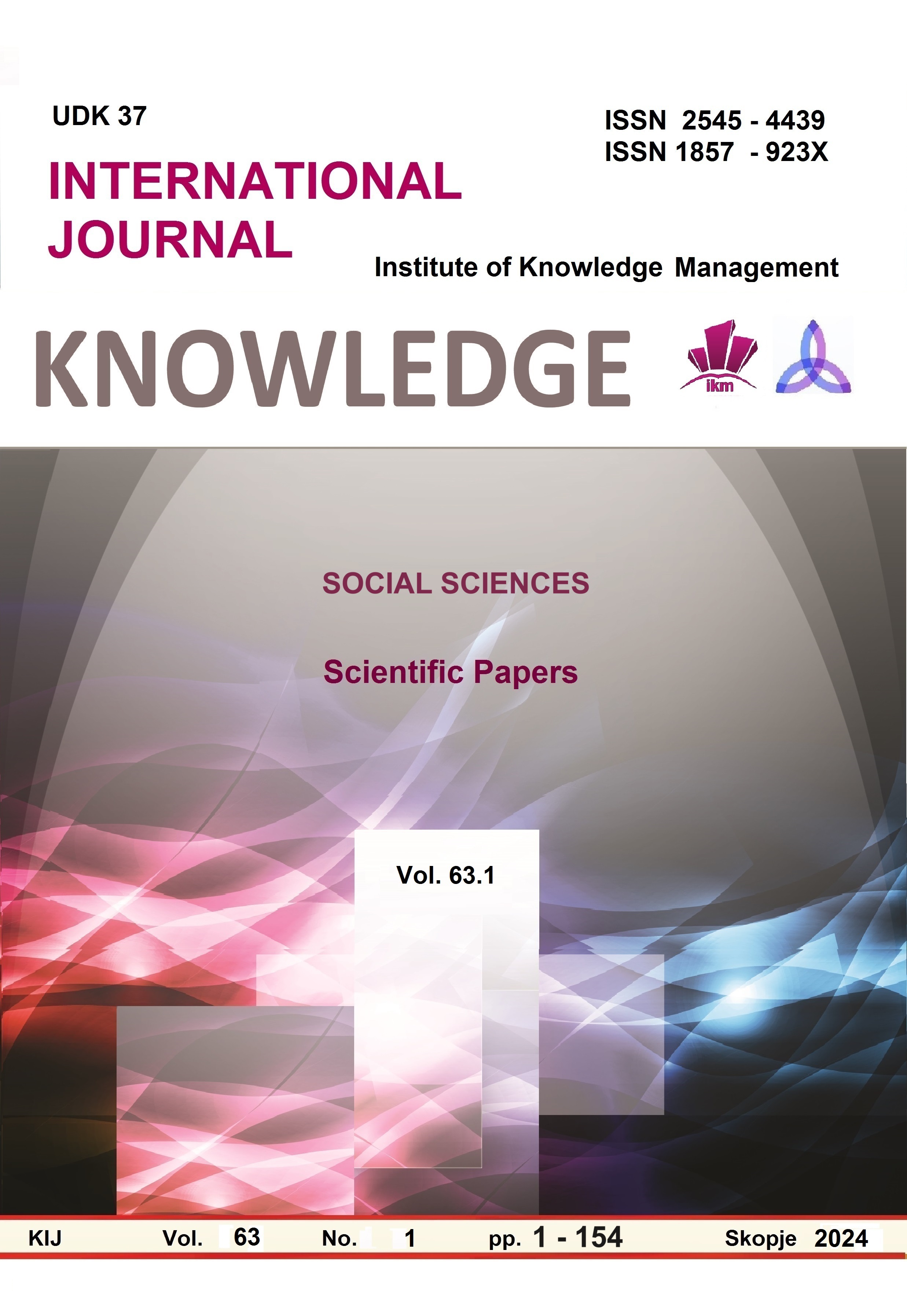СЪВРЕМЕННИЯТ ГРАД КАТО СРЕДИЩЕ НА ФЕСТИВАЛИЗАЦИЯТА
CONTEMPORARY CITY AS A HUB OF FESTIVALIZATION
Author(s): Maya KeliyanSubject(s): Social Sciences, Social development, Rural and urban sociology, Sociology of Culture, Sociology of the arts, business, education
Published by: Scientific Institute of Management and Knowledge
Keywords: festivals;local authorities;festivalization;city;European capital of culture;postmodernization
Summary/Abstract: The article examines the process of festivalization of the contemporary city, which leads not only to a reconstruction of the lifestyle, but also to a change of basic characteristics of the festivals themselves both their own nature and the understanding of them. In the postmodern city, due to significant structural changes in its economy, services are becoming a leading industry. This directs the efforts of local authorities and businesses towards the development of tourism and the stimulation of leisure industries. The phenomenon of „new urban festivals“, understood as part of the creative economy, is emerging. „Urban marketing“ turns the city into an event center where festivals are a daily occurrence. Gradually, not only leisure, which has been transformed into a kind of „festival consumption“, but also the lifestyle, which is captive to consumer culture, commercialization and endless events, are becoming festivalized. The understanding of a festival is also being rethought, as the latter loses the „exclusivity“ and festivity attributed to it as essential characteristics: it becomes an everyday and mass event, an „endless series of events“. Local festivals, as expressions of the activity of the local community, of its identity and solidarity between local people, become an arena of business initiatives and interests. Thus, they lose their socially significant role both in the lifestyle of individuals and for the community. Often, in order to justify or disguise the business orientation of local festivals, emphasis is placed on their role in the development of local culture, on their supposed educational functions or charitable activities. The text examines the festivalization of Plovdiv, the second largest city in Bulgaria. The city has all the features to become a center of festival industries: a rich history since ancient times, preserved archaeological monuments, important cultural sites from the Renaissance, museums, galleries, traditions in fine arts, music, theater, etc. In 2019, the city was the European Capital of Culture and since then it has become a center of festivalization and a typical example of the development of this process in Bulgarian society. In the article are analyzed some of the results of an empirical sociological survey carried out with qualitative methods within the project „Local festivals: a resource of local communities to deal with crises“ financed by the Scientific Research Fund of the Ministry of Education and Science (KP 06 H45/5 of 30.11.2020). It is about in depth interviews with festival organizers, representatives of local government, local business and NGOs conducted in the period June October 2021 and during the summer of 2023, as well as participated observations of festivals. A number of documents were also studied, such as cultural programs of the municipality, programs of local festivals, interviews of festival organizers and local administrators in the media, and other sources.
Journal: Knowledge - International Journal
- Issue Year: 63/2024
- Issue No: 1
- Page Range: 141-146
- Page Count: 6
- Language: Bulgarian

